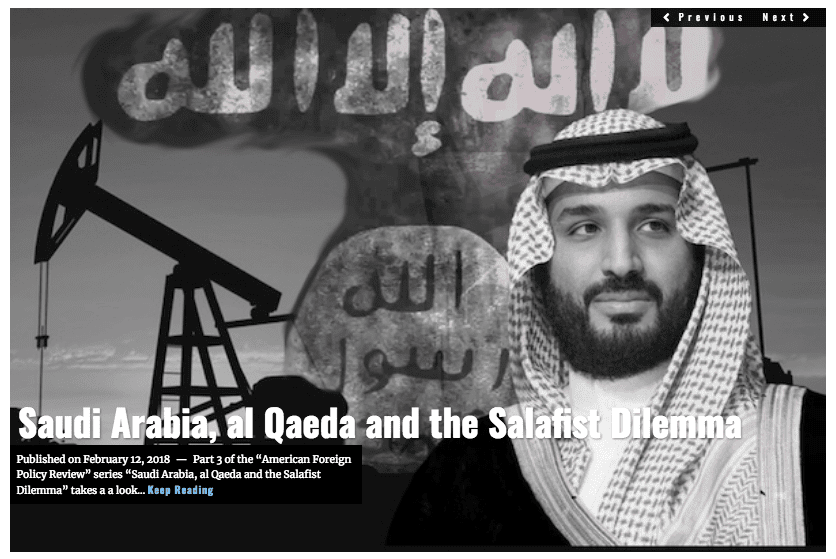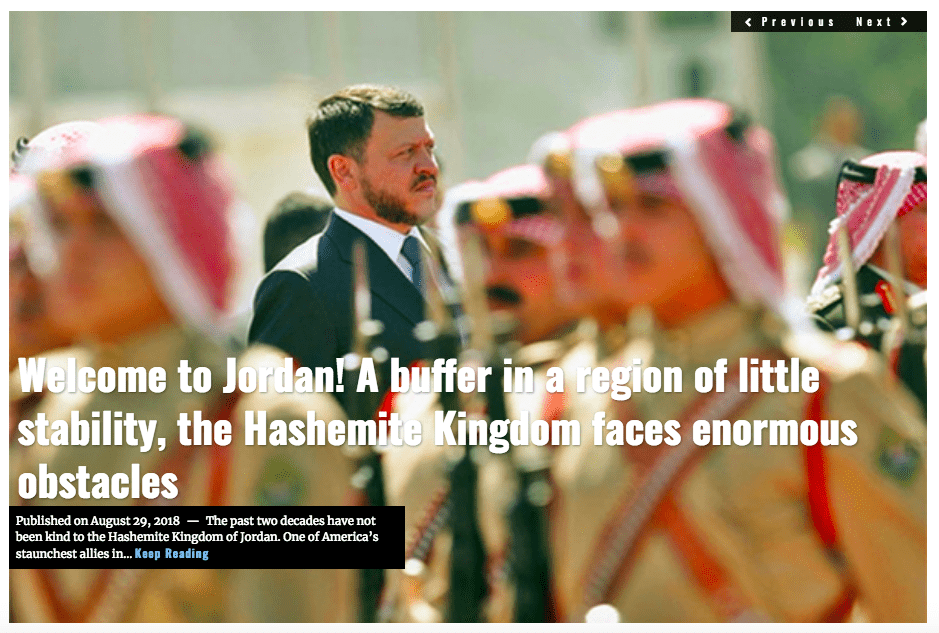The price of oil took another hit, signaling that oil prices are going to stay low for the foreseeable future.
Crude oil prices fell sharply on the commodity market on Monday. By 1500 hours New York time, the price of Brent crude oil had fallen 3.5 per cent to 58.75 dollars per barrel. The U.S. WTI oil followed in kind, dropping by 3.3 per cent to 50.32 dollars per barrel.
Behind the decline is rising oil inventories and expectations surrounding the upcoming week’s G20 meeting and subsequent OPEC-meeting in Vienna on December 6th. The U.S. domestic inventory of crude oil rose by 3.6 million barrels last week, this according to figures from the United States Department of Energy. That increase is the 10th in a row of oil inventory stockpiles, and is described as exceeding the commodity market expectations.
This is a situation that the Kingdom of Saudi Arabia has been attempting to prevent in recent quarters, by lowering its output. Russia, which is not a member of OPEC, has not decreased its output, with Russian President Vladimir Putin stating that a price around $60 per barrel is agreeable.
As a result of Russia’s unwillingness to lower its output, along with a weak ruble, several of Russia’s oil refineries have seen record profits. Lukoil, Russia’s second largest oil producer, saw an 89 percent profit increase in its third quarter of 2018. Lukoil saw its oil production output increase by 1.2 per cent, and its Liquid Natural Gas (LNG) production increase by 17 per cent.
Saudi Crown Prince Mohammed bin Salman (MBS) and Russian President Vladimir Putin are scheduled to meet to discuss the oil market developments during the G20 meeting in Argentina. Gas is now on the back burner for both leaders, with speculation that Argentine authorities could arrest MBS during the G20 for the alleged Saudi murder of Jamal Khashoggi, while President Trump announced that he is cancelling his meeting with Putin because of the situation in Ukraine.
Analysts believe that OPEC and Russia will reach a deal to coordinate the lowering of overall output to 1.1 million barrels per day.
Low Commodity Prices and Destabilizing Debt
The low price of oil and other commodities have persisted for the better part of a decade. In the run up to the 2008 financial crisis commodity prices the world over were running at an all time high. In the years following the crash, prices cooled off. In the developed world, this led to cheaper gas prices at the pump being a bright spot in an otherwise economically difficult time. However, across the developing world, the consequences were varied and severe.
In Venezuela, for example, high oil prices contributed to the success of Hugo Chavez in implementing his socialist “Bolivarian Revolution” and wielding influence across the region. When prices fell, the Bolivarian project came screeching to a halt, and now the Venezuelan people are scrambling to put food on the table.
Across the developing world countries have loaded up on debt to build up infrastructure to export commodities with the expectation that when prices rebound they will repay the debt. However, as year after year passes and commodity prices stay low, the countries are struggling to stay afloat under the weight of their debt. This is especially true in Africa.

To read more about the broad ranging implications of commodity and oil prices, check out some Lima Charlie News stories – such as a snapshot of how Russia is still living with the long term impacts of low commodity prices in spite of an overall recovery, an explanation of how low commodity prices contributed to famine in East Africa, or a look at the scramble for rare earth metals in the Congo.
[Title Image: An illegal refinery operator in Nigeria. Nigerians coping with low employment establish these refineries, performing an end run around oil concessions to major oil companies. (Akintunde Akinleye)]
John Sjoholm, Lima Charlie News
John Sjoholm is Lima Charlie’s Middle East Bureau Chief, Managing Editor, and founder of the consulting firm Erudite Group. A seasoned expert on Middle East and North Africa matters, he has a background in security contracting and has served as a geopolitical advisor to regional leaders. He was educated in religion and languages in Sana’a, Yemen, and Cairo, Egypt, and has lived in the region since 2005, contributing to numerous Western-supported stabilisation projects. He currently resides in Jordan. Follow John on Twitter @JohnSjoholmLC
Lima Charlie provides global news, featuring insight & analysis by military veterans and service members Worldwide.
For up-to-date news, please follow us on twitter at @LimaCharlieNews
In case you missed it:

![Image Drop in oil prices may trigger unintended consequences [Lima Charlie News]](https://limacharlienews.com/wp-content/uploads/2018/11/main_900.jpg)



![Image War in Eastern Ukraine and the New Heroes of ‘Novorossiya’ (New Russia) [Lima Charlie News]](https://limacharlienews.com/wp-content/uploads/2019/04/Donbass-MAIN-01-480x384.png)
![Image The Arabs - a "Manufactured" People? [Lima Charlie News]](https://limacharlienews.com/wp-content/uploads/2018/12/Arabs-A-Manufactured-People-Lima-Charlie-News-480x384.png)
![Image Crimea crisis escalates after Russian Ukrainian naval incident [Lima Charlie News]](https://limacharlienews.com/wp-content/uploads/2018/11/Crimea-crisis-as-Russia-boards-Ukrainian-vessels-Lima-Charlie-News-480x384.png)

![Africa’s Elections | In Malawi, food, land, corruption dominate [Lima Charlie News]](https://limacharlienews.com/wp-content/uploads/2019/06/Malawi-election-Food-land-corruption-480x384.jpg)
![Syria’s oil, gas and water - the Immiscible Solution to the War in Syria [Lima Charlie News][Photo: ANDREE KAISER / MCT]](https://limacharlienews.com/wp-content/uploads/2019/05/Syria’s-oil-gas-and-water-480x384.png)
![Image The Rwandan Jewel - Peacekeepers, Conflict Minerals and Lots of Foreign Aid [Lima Charlie World]](https://limacharlienews.com/wp-content/uploads/2019/03/Rwanda-Jewel-480x384.jpg)
![Image Russia's energy divides Europe [Lima Charlie News]](https://limacharlienews.com/wp-content/uploads/2019/03/Russias-energy-divides-Europe-Lima-Charlie-News-480x384.png)
![Image War in Eastern Ukraine and the New Heroes of ‘Novorossiya’ (New Russia) [Lima Charlie News]](https://limacharlienews.com/wp-content/uploads/2019/04/Donbass-MAIN-01-150x100.png)
![Image The Arabs - a "Manufactured" People? [Lima Charlie News]](https://limacharlienews.com/wp-content/uploads/2018/12/Arabs-A-Manufactured-People-Lima-Charlie-News-150x100.png)